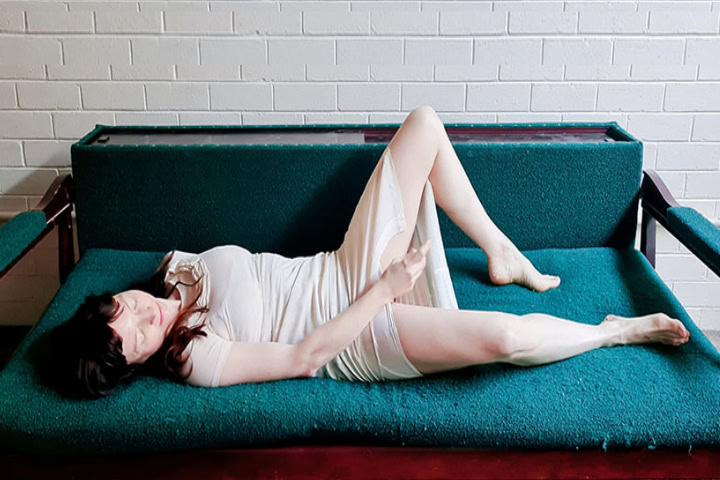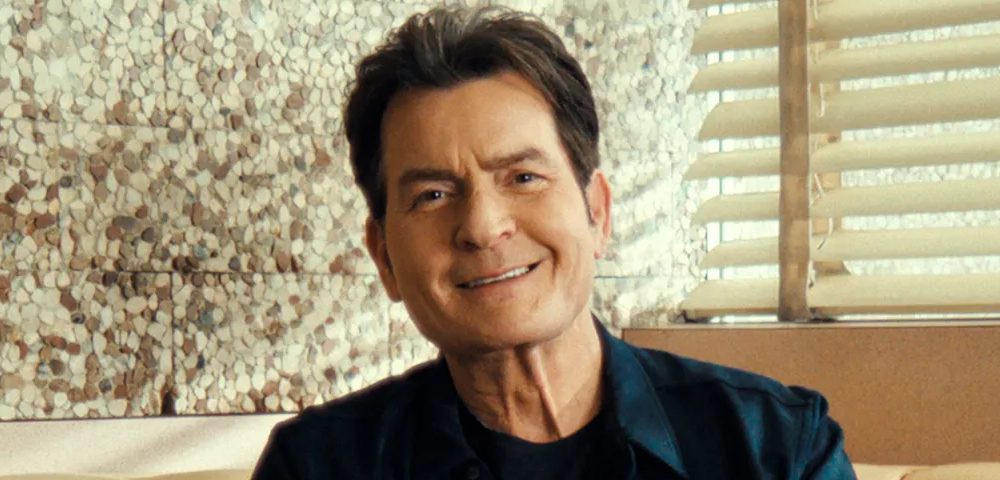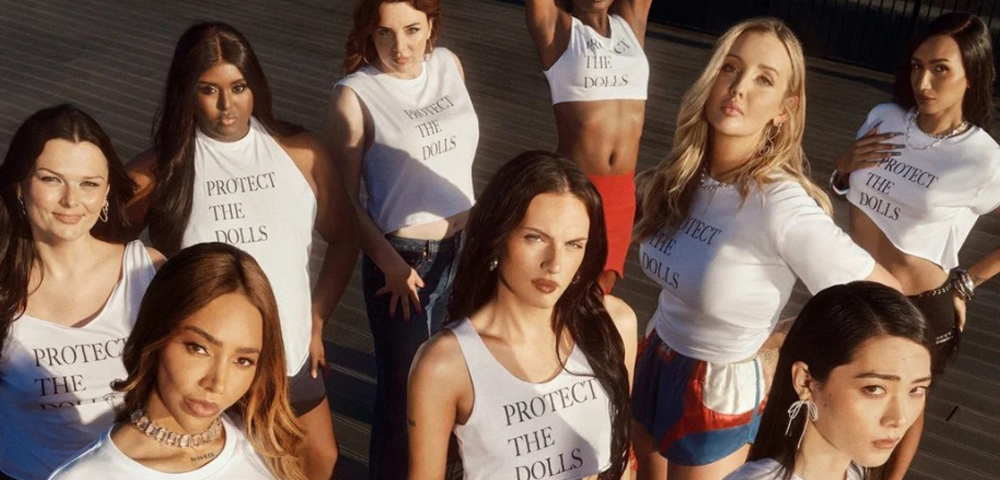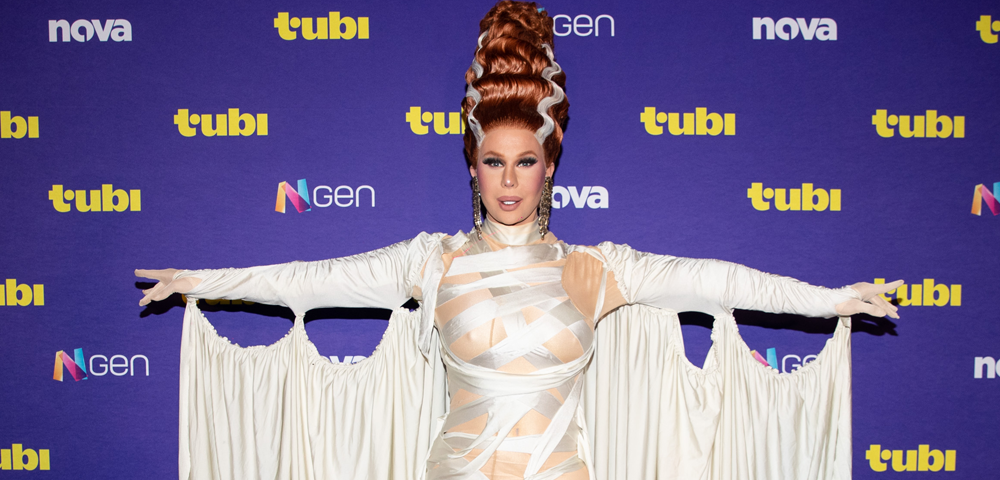
Australia Council Withdraws Funding From Self-Insemination Artwork

The relationship between workers throughout Australia’s creative industries and the Federal Government has plummeted to an unprecedented new low. Casey Jenkins – a queer identifying, Melbourne-based artist – who had received the support of the Australia Council (the Federal Government’s major arts funding and advisory body), was formally notified by the organisation on September 22, that funding for her latest work – Immaculate– had been rescinded.
In Immaculate, Jenkins was to self-inseminate, a process which in Australia is entirely legal and should pose no issue to anyone but the individual involved. Immaculate explored an intimate and durational artwork about transforming and reframing the conception of a child through the lens of queer experience. The work was also supported by celebrated Adelaide-based arts organisation Vitalstatistix, who boast a 36-year long history of work within the creative sector.
Sky News Australia’s, Peta Credlin, brought the work to the public’s attention on August 18, via a Sky News segment where she interviewed Dr Bella d’Abrera, Director of the Foundations of Western Civilisation Program at the Institute of Public Affairs. For those unaware, The Institute For Public Affairs (established in 1943), is a conservative ‘think tank’ that have, in the past, advocated for the abolishment of minimum wages, climate change denial and the repeal of sections of the Racial Discrimination Act.
When prompted by Credlin about the work, d’Abrera replied, “It’s just staggering that the Australian public has to pay for these kinds of things. The Arts [sic] Council is going ahead with writing blank cheques for nonsense such as this. I would also say that she called this project Immaculate, which is incredibly offensive to Catholics, many of whom are paying for this project through their taxes, so we are essentially paying to be offended.”
One month later, the Australia Council notified Jenkins that their previously approved funding for the work would be rescinded. In their statement, the organisation claimed that Immaculate “… was an activity that was introduced as a variation to a peer-assessed career development grant and that it was rescinded because it was not in keeping with the original peer-assessed grant and created potential legal risk for the Australia Council.”
However, Jenkins has a very different recollection of events.
“I knew the content would get a reaction from ultra conservative types, and I wanted them to be fully aware of what they were backing, and they were. They had it all checked, the content that they approved is exactly what I went and carried out in the work. In the five to six weeks from when they told me they were suspending the grant to when they rescinded it, they were seeking legal counsel. The night before they first told me they were suspending the funding they sent me this Peta Credlin report, and then asked me to answer to ethical and legal concerns, including for a future child and for medically–assisted reproduction, which is not what I am doing. I responded to that and gave them all these details of what I was doing. I hoped they were just doing that to defend my work against these right-wing people. But then as it progressed, it became more apparent they were looking for any legal loophole to get out of supporting the work.
“My practice often centres on my body in live artwork… it comes from a feminist stance and started through activism. Not wanting to speak on behalf or over anyone else, I moved to creating works where my body and my experiences are central to them.”
In its statement, the Australia Council went on to claim that when the “details of the variation request were escalated, the Council sought advice to identify potential legal issues related to this activity. Legal advice identified the possibility that a legal claim could be brought in the future, and the Council determined this was not an acceptable risk for a corporate Commonwealth entity.”
“People are offended, yes, and very simply it’s because of misogyny and homophobia… you can see it in the responses that people have – they often have quite an overt pro-life bent to them,” Jenkins adds. “So they are speaking about the child, but there is no child in the work. To me, it seems quite shocking and outlandish that they are putting the considerations of an as yet unconceived child on par with the ethical considerations for me – when I am the only person present in the work. To think that people who use self-insemination don’t consider their potential child as much as other people do is so offensive and so highly inaccurate, because we have to struggle to conceive in a way that some other people don’t.”
True to form, following Credlin’s scathing and unfounded attack on Jenkins, the Murdoch media launched a tirade of negative press centred on the apparent waste of tax payers money – all of which, for the sake of their own arguments – overlooked the fact that the Australian creative industries contribute some $50 billion to the local economy per annum. Even more blatantly ignored by these media outlets was the fact that Jenkins, like many artists this year, have experienced not only the decimation of their industry, but the government completely ignoring their needs for support throughout these unprecedent times. These public attacks do nothing more than rub salt in already festering wounds.
Director of Vitalstatistix, Emma Webb, told Star Observer that the organisation “selected Immaculate from a very competitive call–out process. I’ve been really interested in Casey’s work for many years. Her artwork is really pertinent at a time when Casey is making this work in lockdown at home. We often program and support work which looks at queer lived experiences, which obliviously this work is documenting, and there were a number of reasons why we supported the project.”
Webb also expressed grave concerns for what Australia Council’s decision to strip Jenkins of support for Immaculate says about the broader state of play for Australian artists and the creative industries.
“I think it is a really concerning situation. Artists need to be confident that when they come under attack from organisations like the IPA, they will be backed up and supported by the Australia Council. Its purpose as a statutory authority is to support artists and keep their freedom at arm’s length from the government, but also without interference from lobby groups or conservative political commentators. How this has played out has been particularly concerning, particularly for queer artists and for anyone that is interested in the broader conversation around what is art and how artists make documentary work from their lived experiences. It sets a really dangerous precedent.”
“It’s really troubling in many ways,” Jenkins concludes. “They’ve broken my contract, which is an unprecedented thing for them to do after having approved it and after the work has begun. It is concerning for artists on one hand, but then also the societal implications. By doing something so dramatic, they are making my body and my experience the site of their political action, and their discriminatory opinions – which are both really disturbingly pro-life and misogynistic.”










This is such a worrying decision on so many levels – both in terms of artistic support (the Australia Council should have artists’ backs) but also in terms of the capacity of trolls and the right to dictate what work gets support. This is just another storm in a long line of IPA / right wing attacks on LGBTIQA rights (see safe schools et al) and we need to push back hard, lest this become the norm.